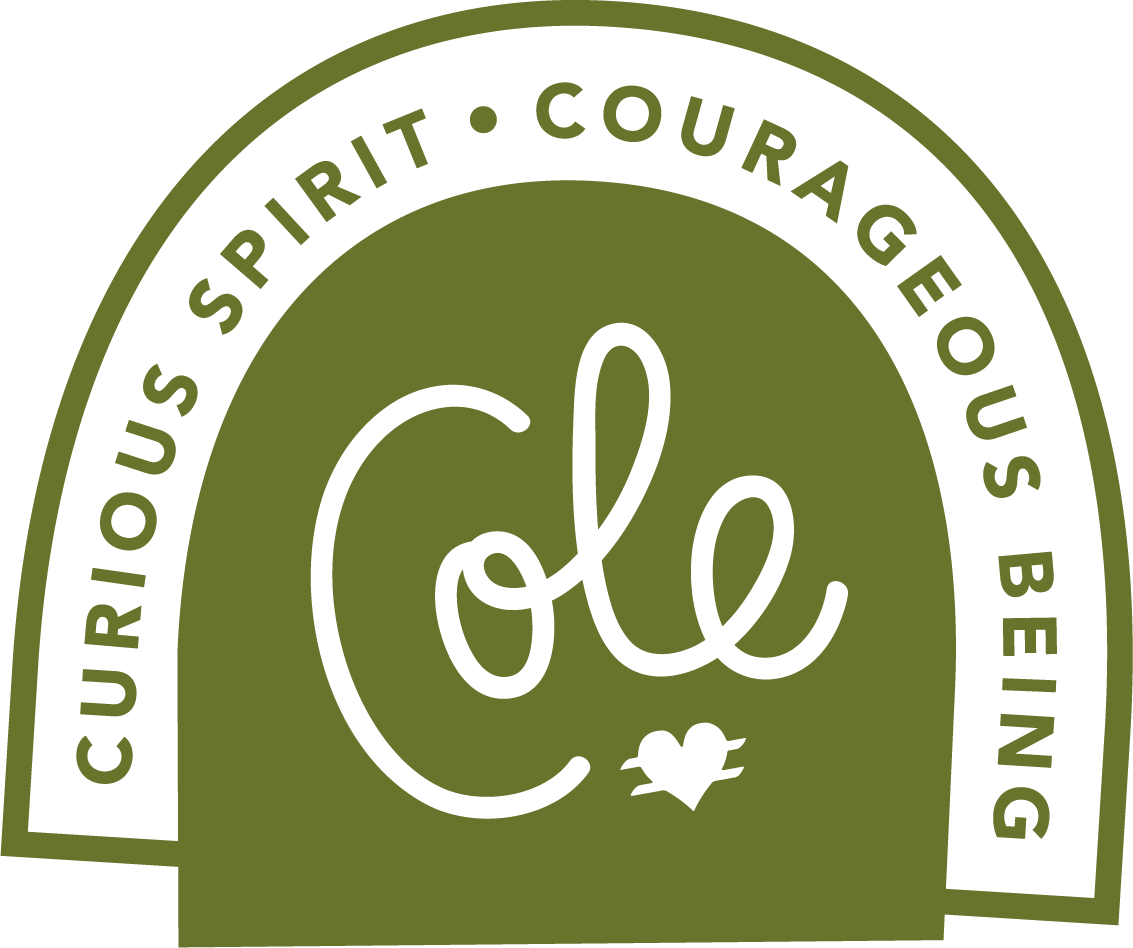It’s the Loss That Hurt You, Not the Grief
Picture this: It’s the end of the work day and a man, who happened to have a truly terrible week, stops in to pick up a gallon of milk on his way home. He approaches the checkout, and the cashier is out of change.
“Just a minute sir, my manager is bringing me a roll of quarters.”
And that—that is what it takes for all hell to break loose.
At least, the specific and personal hell this man has been through, breaks loose, out of him, and floods the convenience store like a hot, swollen river.
He yells. He gets irrationally angry. Everyone in the store has no choice but to stop, watch, and brace for impact.
The cashier cries. The quarters appear. The manager screams, points to the door, the man leaves, in a huff.
Milk on the counter still, now with condensation forming, like beads of sweat on a stressed forehead. Everyone in the store has been affected by this outburst. Everyone is on edge, no one is relaxed. This man’s bad week has bled all over everyone’s perfectly fine weeks.
Humans sometimes direct their anger at the wrong place. This man in my example did just that, like probably anyone who has ever lost their cool in a checkout line.
Hurt people, hurt people, as they say. The problem is, we tend to hurt the people that had nothing to do with the hurt that was first inflicted upon us. In fact, we often hurt the people that are there to help, or that could have helped.
Perhaps someone would have floated this man some change had he not immediately exploded in anger. He left with no change, no milk, and no help.
We do this with loss, and with grief.
Grief isn’t the thing that makes life harder, it’s actually there to help you sort through the pain and the mess. But, we often displace our anger at the loss we have encountered, and direct it towards the grief, instead.
Please don’t confuse the grief for the loss.
The loss is what hurt you, not the grief. The grief is what comes in to help. The grief is what brings you healing. The loss is what caused the pain, not the grief. Don’t take your anger out on the grief, because the grief is there to help. Your anger should go towards the loss. The loss is what hurt you.
Don’t punish the healer for the work of the harmer.
And remember, it’s the loss that hurt you, not the grief.








